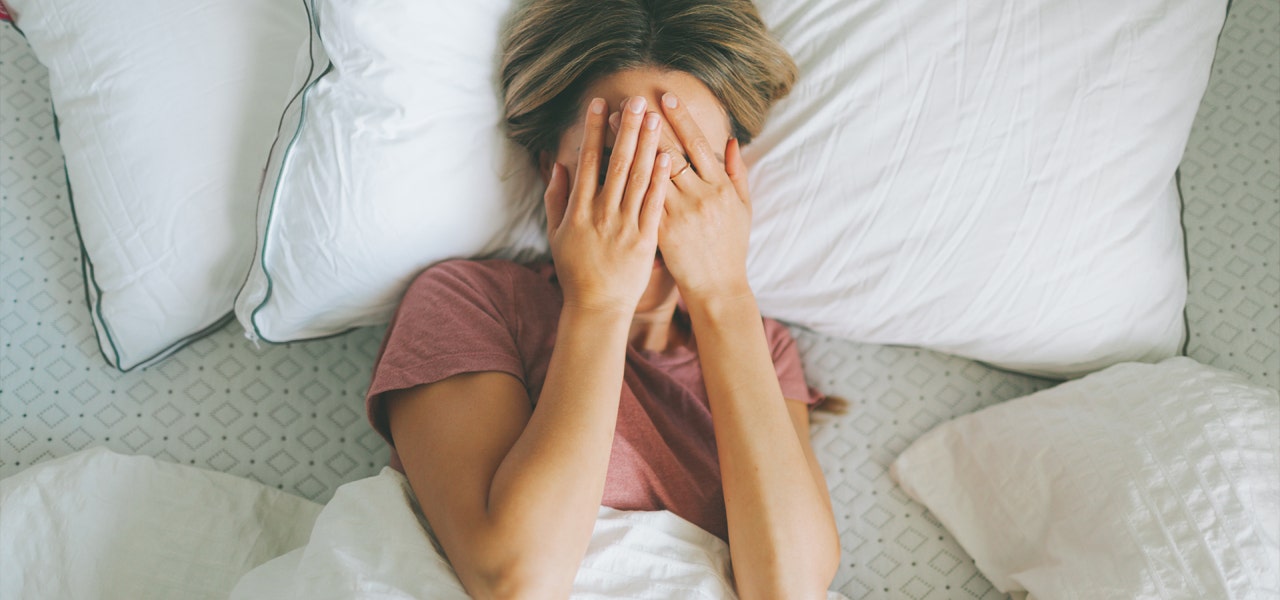Even the worst of dancers still have rhythm – circadian rhythm that is. It’s one thing all humans have in common. In fact, it’s one thing that most all living things have in common, including animals, plants and microbes.
By now, you’re probably familiar with the term circadian rhythm. But, what is circadian rhythm exactly? How does it affect your sleep? What is happening inside your body during the cycle?
Once you better understand circadian rhythm, you may start to realize that yours is completely out of whack. If you have sleep troubles or difficulty even knowing when to go to bed, this might be the case. The good news is that you can you reset your circadian rhythm and hack your way to better sleep and overall health. Here, you will find everything you need to know about your circadian rhythm and how to fix it.
What Is Circadian Rhythm?
Your circadian rhythm – or cycle as it pertains to sleep – is your body’s internal clock that regulates your sleep-wake cycle and repeats every 24 hours. Our physical, mental, and behavioral changes all fall within this 24-hour cycle and are impacted by our environment. Many different systems in the body follow this circadian rhythm that synchronizes with the Master Clock in our brain.
It is this Master Clock that is directly impacted and influenced by environmental cues, such as lightness and darkness. This is why circadian rhythms have been tied to the 24-hour cycle of the day.
How Light Affects your Circadian Rhythm
Circadian rhythm is most heavily influenced by light. That Master Clock in your brain is found in the suprachiasmatic nucleus (SCN), which is highly sensitive to light. In fact, light is the most powerful environmental cue to the SCN that influences the signals your brain sends to coordinate your internal clock.
Light exposure causes the Master Clock to release messages that generate alertness and attentiveness to keep your body awake. When darkness falls, the Master Clock initiates the release of melatonin – a hormone that promotes sleep. This helps your body fall asleep once it’s dark and stay asleep through the night until dawn approaches again.
What Happens When Your Circadian Rhythm Is Off?


When your circadian rhythm is functioning properly and in alignment, it promotes healthy, restorative sleep and supports all other functions in the body. However, when circadian rhythm is thrown off, it often manifests first in:
- Trouble falling asleep
- Waking up frequently during the night
- Inability to sleep in during the morning
- Lower quality and fragmented sleep
- Insomnia
- Fatigue and low energy during the day
Unfortunately, a disrupted circadian rhythm can have more damaging effects, too. It has the power to negatively impact other systems in the body, such as the digestive and endocrine systems. A poor sleep-wake cycle can:
- Influence metabolism and weight gain
- Affect blood sugar and cholesterol levels
- Lower the immune system
- Contribute to mental health decline
In fact, disrupted circadian rhythm has been linked to depression, bipolar disorder and dementia, not surprisingly so considering the relationship between sleep and mental health.
Sleep is extremely important to our brain function. During sleep, our brains essentially bathe in the flow of cerebrospinal fluid to wash away harmful toxins that build up between brain cells during our waking hours. This is why circadian rhythm has even been linked to killing cancer cells!
What Can Throw Off Circadian Rhythm?
As mentioned, our environment and habits are essential in regulating the sleep-cycle circadian rhythm. Common disturbances include:
- Travel through multiple time zones
- Working late
- Prolonged exposure to blue light
- Screen use before bed
- Social interactions
- Alcohol consumption or drug use
- Caffeine intake
- Eating late at night
However, deeper issues may also cause problems in the sleep-wake cycle, like hormonal imbalance, metabolic processes, mineral deficiencies, genetic disorders, or underlying chronic illness and toxicity.
10 Tips on How to Fix Your Circadian Rhythm


In today’s digital world, humans are bombarded and exposed to EMF frequencies, blue light and harmful toxins that we simply weren’t just fifty years ago. It’s no wonder there has been a recent rise in sleep disturbances. We work longer hours in front of computer screens and typically switch from one screen to the next. Our smartphones are the last thing we look at before bed and first thing we reach for in the morning.
It can seem overwhelming to know where to start in promoting a healthier environment and incorporating better habits for circadian rhythm support. While we never have full control over our health and circadian rhythm, here are helpful tips to reset your circadian rhythm to achieve better sleep:
- Expose yourself to natural light first thing in the morning and receive 10-20 minutes of unprotected sunlight for natural Vitamin D absorption. Do this before reaching for your smartphone!
- Follow a consistent sleep schedule (even on weekends) and aim for 8-9 hours of sleep each night.
- Incorporate 30 minutes or more of movement into your daily routine. Exercise – even light walking – improves digestion and can make it easier to fall asleep.
- Stick to one cup of coffee per day in the morning, or try avoiding caffeine altogether.
- Try to avoid or limit naps.
- Limit blue light exposure before bed, either by wearing blue-light blocking glasses and blue-light blocking screen protectors, or by shutting off all electronics and opting for a book or quality time instead!
- Turn off your Wi-Fi router at night to mitigate EMF exposure while you sleep.
- Try to not eat meals past 7 p.m.
- Incorporate simple sleep-inducing wellness rituals into your routine, like infrared red-light therapy, organic lavender essential oil, a cup of organic chamomile tea or a hot bath before bed.
- Keep your bedroom completely dark and at a cooler temperature.
At Naturepedic, we believe there is a lot you can do to improve your sleep environment for safer, healthier and more natural sleep. That’s why we offer certified organic customizable mattresses, organic pillows and organic bedding. With healthier materials, you can be sure the sleep you are getting is even healthier.
 BABY
BABY  KIDS
KIDS  ADULT
ADULT  LEARN
LEARN  STORES
STORES 